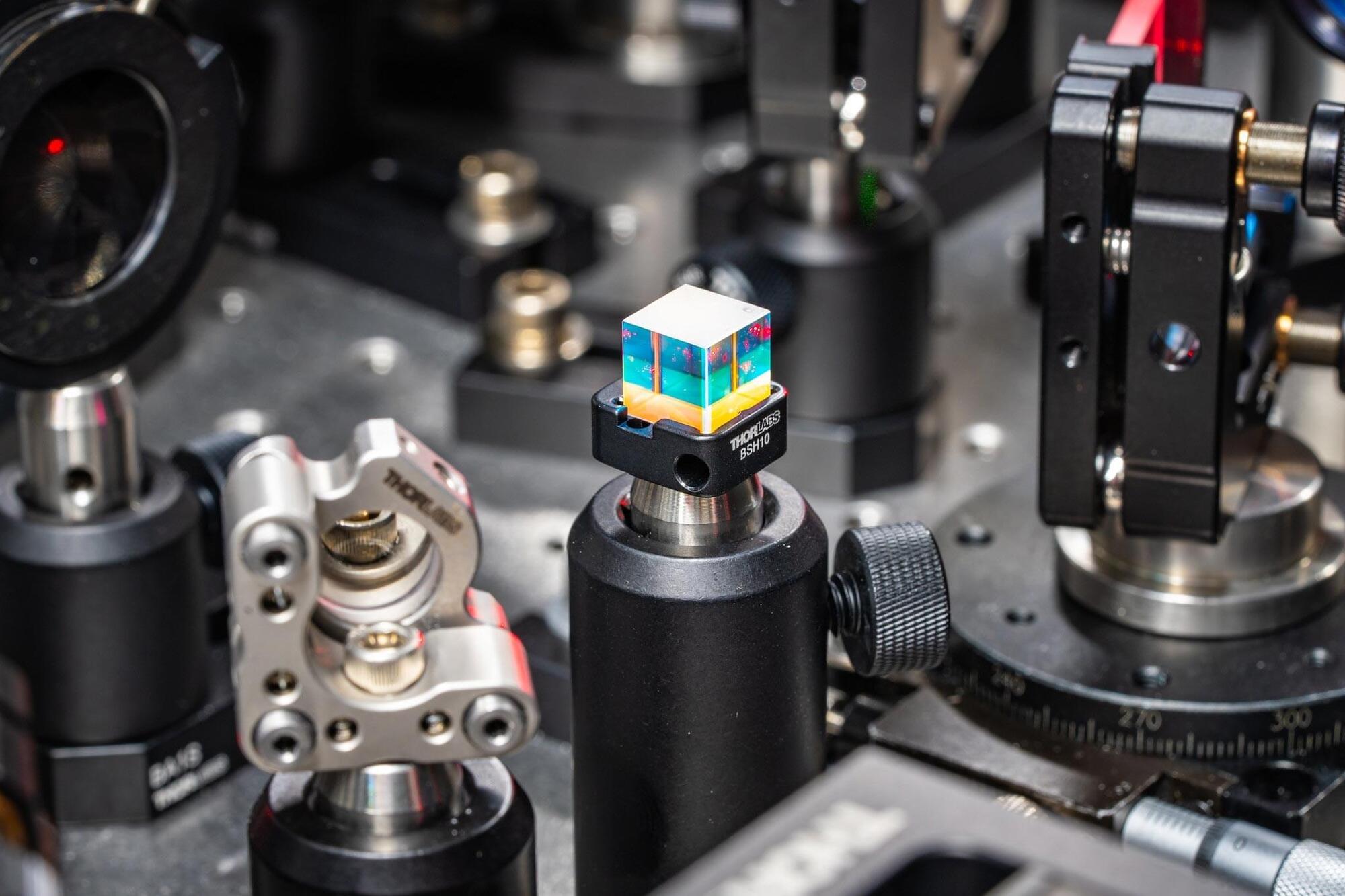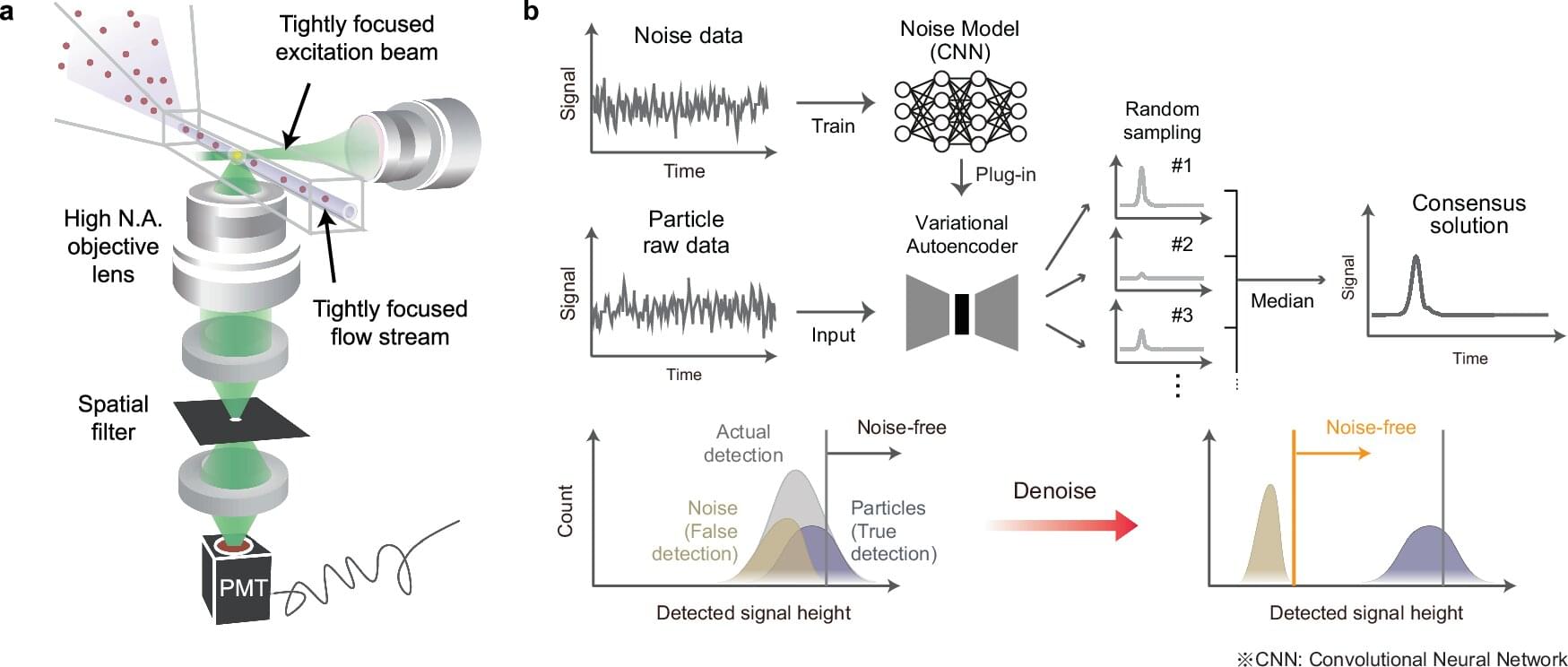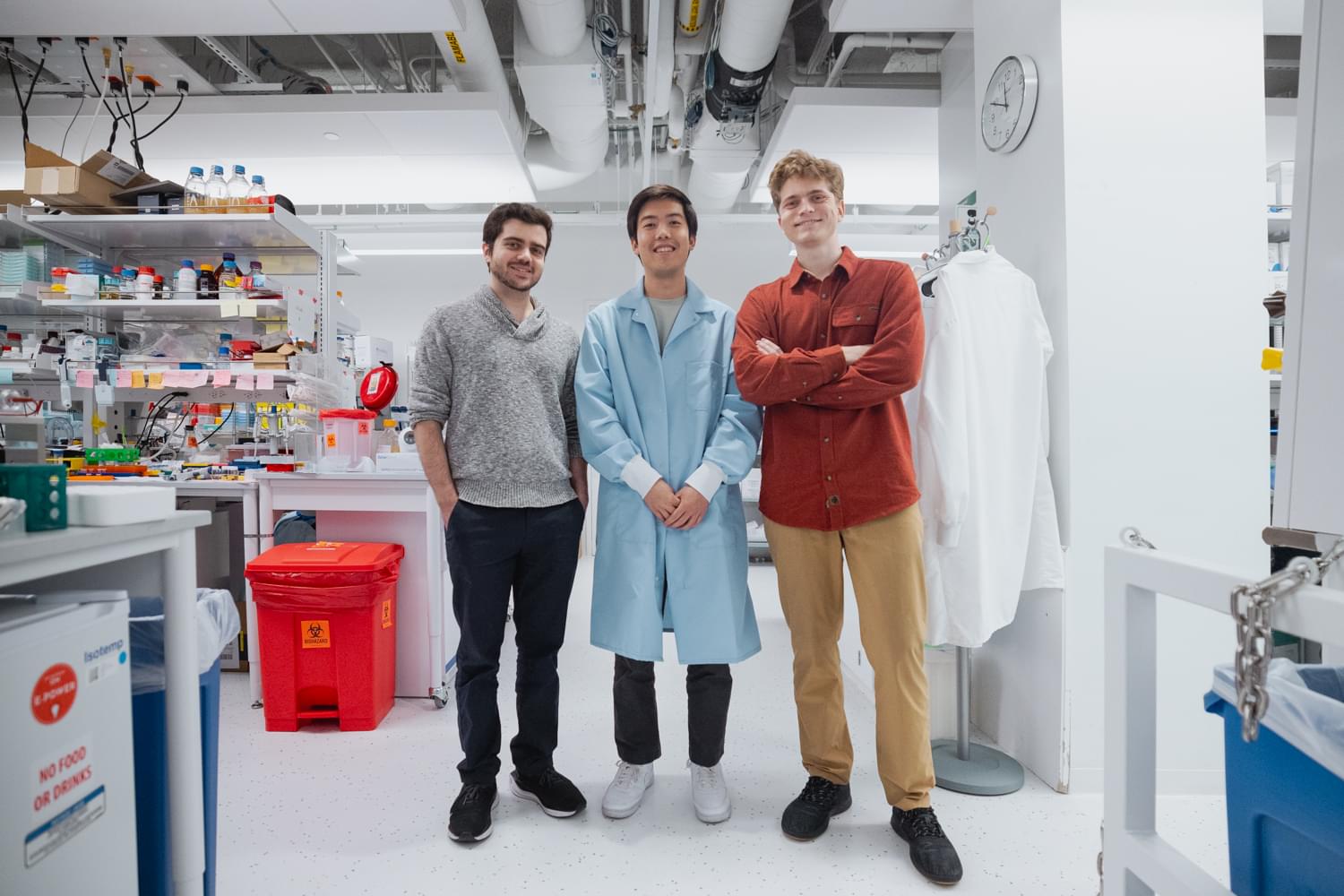Incyte will partner with Genesis Therapeutics to research, discover, and develop small molecule treatments through a collaboration that could generate at least up to $620 million for Genesis, an artificial intelligence (AI)-based drug developer.
The companies have agreed to discover and optimize at least two initial small molecule programs through Genesis’s AI platform, Genesis Exploration of Molecular Space (GEMS). GEMS is designed to generate and optimize molecules for complex targets by integrating proprietary AI methods that include language models, diffusion models, and physical machine learning (ML) simulations.
Incyte has been granted exclusive rights for potential clinical development and commercialization of the products to be developed through the collaboration.







